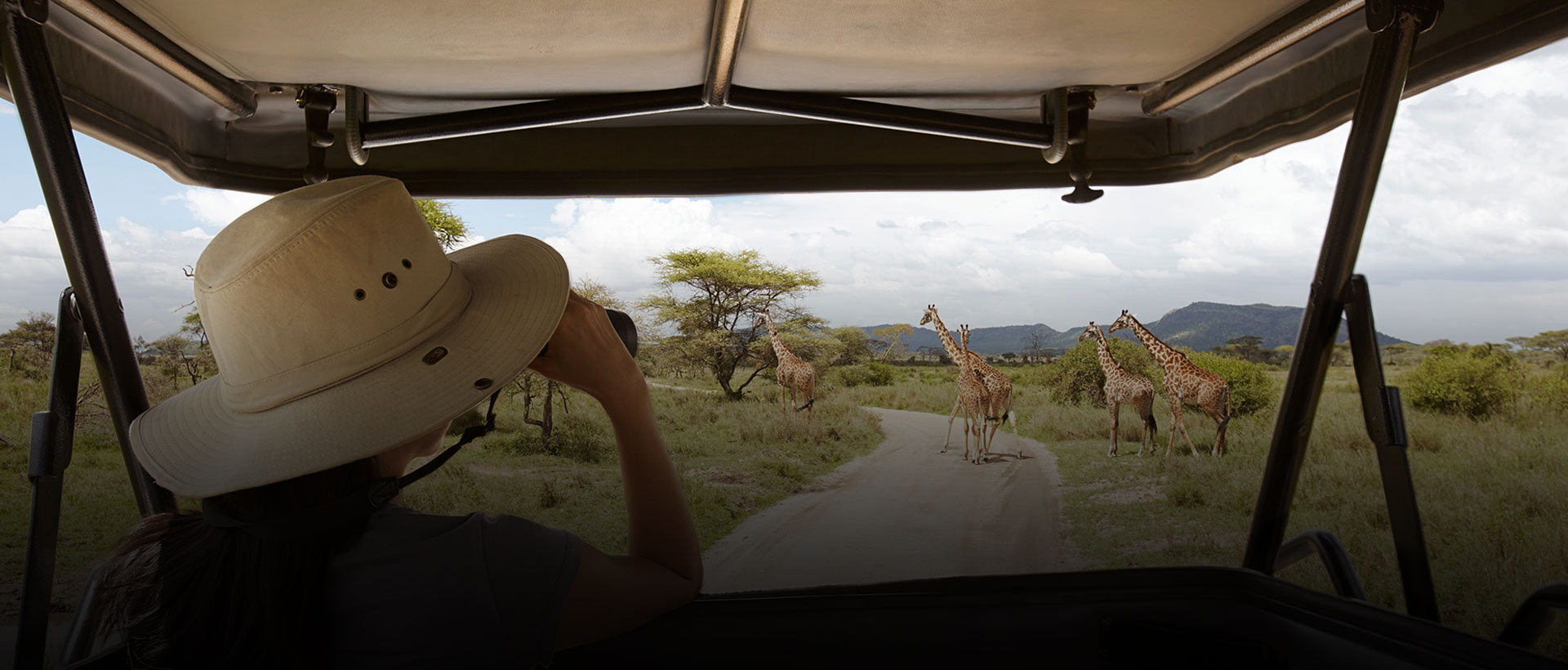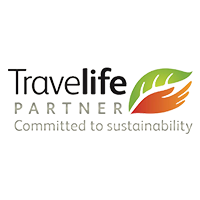
Safety In Tanzania
Safety In Tanzania
Tanzania is, in our opinion, safe to visit. This is even more so if you book an organized safari. Theft and pickpocketing is relatively common in big cities but incidents are easily avoided when using a few simple safety precautions. Almost a million tourists visit Tanzania every year, and most visits are trouble-free.
Below Are Tips On Staying Safe In Tanzania.
Avoid isolated areas, especially remote stretches of beach; and safety in numbers.
In cities and tourist areas always take a taxi at night and only from established taxi ranks or hotels. Never enter a taxi that already has someone else in it other than the driver.
When using public transport, don’t accept drinks or food from someone you don’t know. Take requests for donation support from ‘refugees’ or ‘students’ with a pinch of salt. Contributions to humanitarian causes are best done through an established agency.
Be sceptical of anyone who approaches you on the street, at the bus station, or in your hotel, offering safari deals or claiming to know you.
Never pay any money for a safari or trek in advance until you’ve thoroughly checked out the company, and never pay money outside of the company’s office. Demand a receipt.
In western Tanzania, especially along the Burundi border, there are sporadic outbursts of banditry and political unrest. Get a local update before venturing into this area.
In tourist areas, such as Arusha, Moshi and Zanzibar Island, touts can be quite pushy, especially around bus stations and budget tourist hotels. Do what you can to minimise the impression that you are a newly arrived tourist: walk with purpose and duck into a shop if you need to get your bearings or look at a map.
Have your luggage as consolidated as possible – with your valuables well-hidden under your clothes – when arriving at a major bus station for the first time. Try to spot the taxi rank before disembarking and head straight for it. Walk with purpose. It is also a good idea to try and buy your bus tickets a day or two in advance (without your luggage).
Carry your passport, money and other documents in a pouch against your skin, hidden under loose-fitting clothing. If there’s a reliable one, secure your valuables in a hotel safe and ideally inside a pouch with a lockable zip to prevent tampering.
When travelling in a vehicle, keep the side windows up when stopped in traffic and keep your bags out of sight (e.g. on the floor behind your legs).
When bargaining or negotiating prices, don’t do so with your money or wallet visible.
Government travel advisories can be good sources of updated security information.






